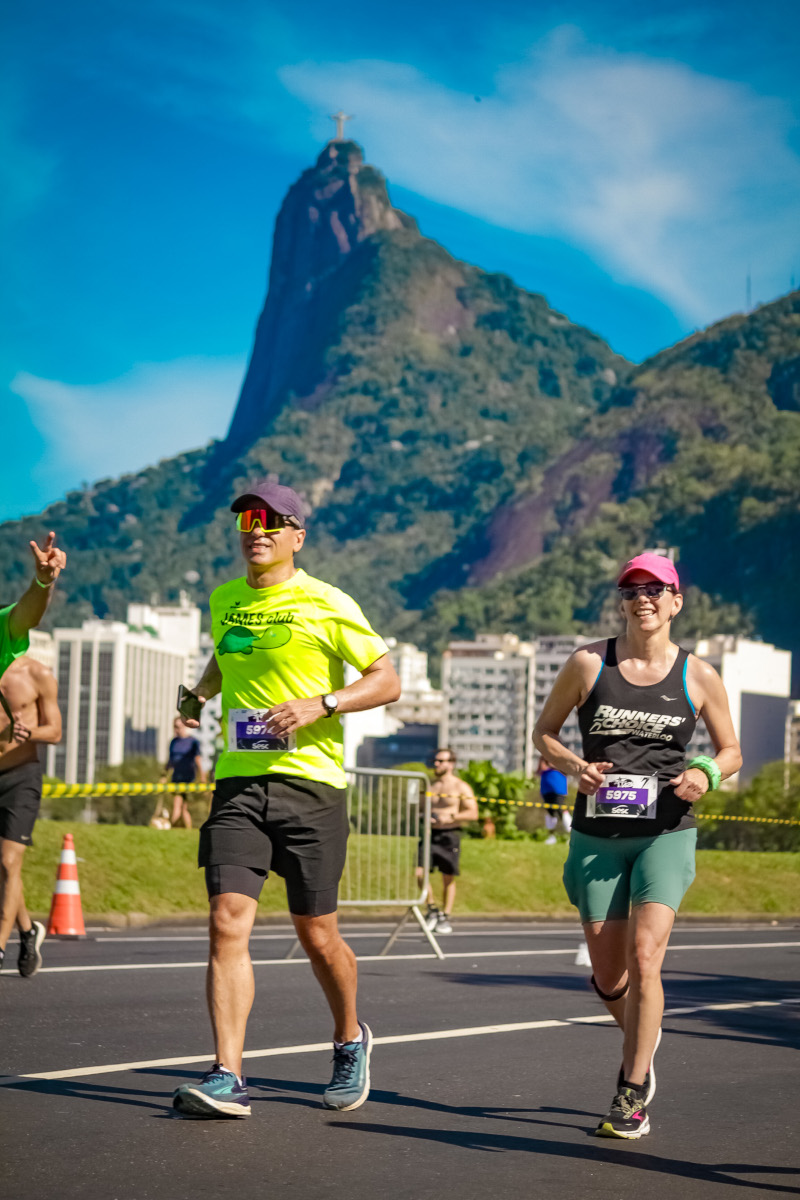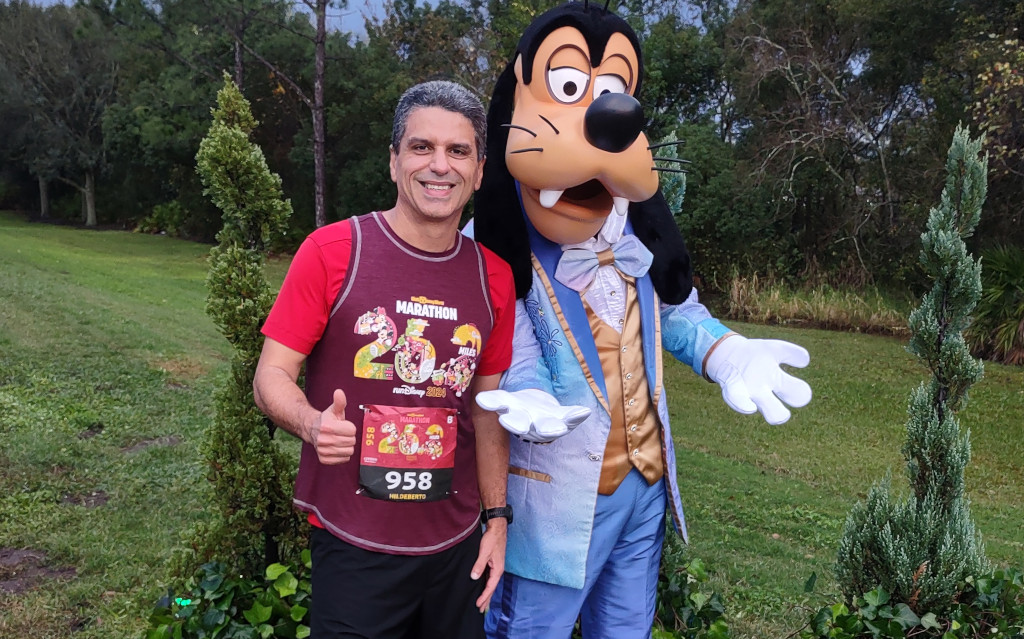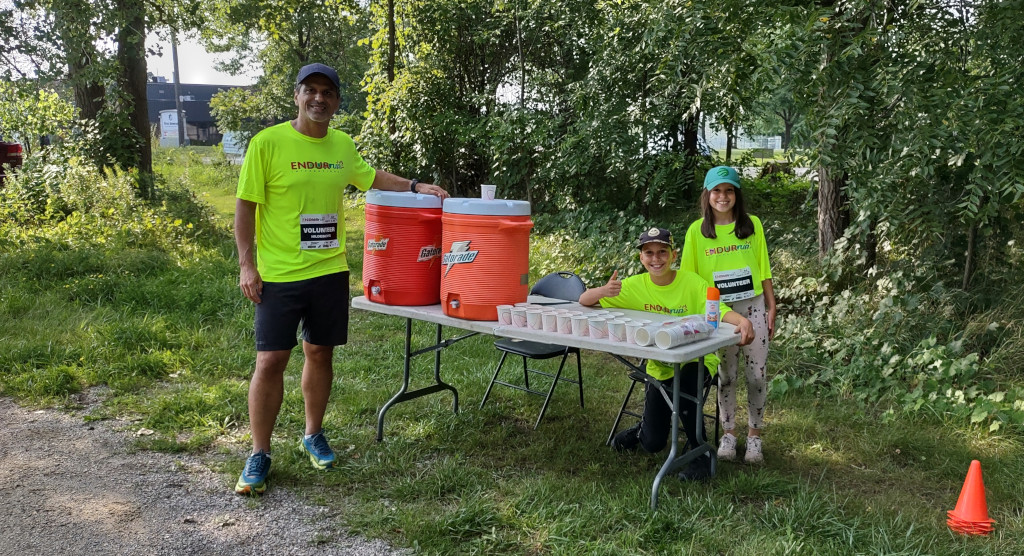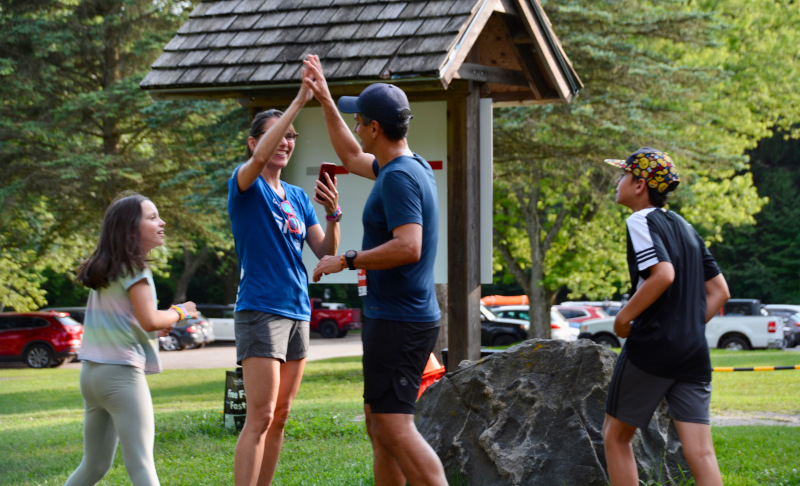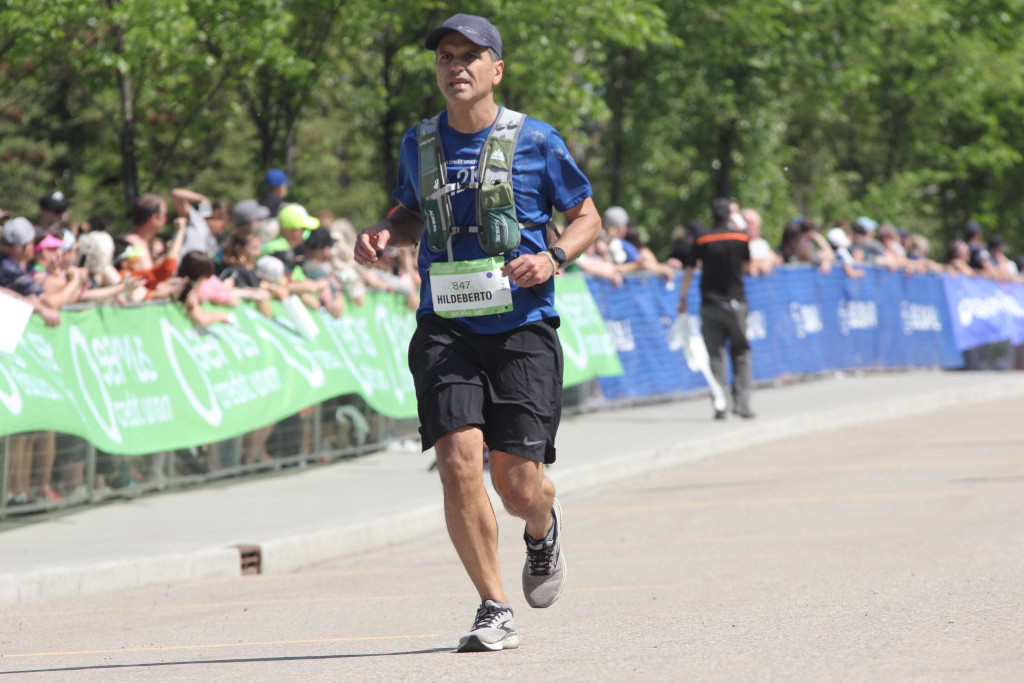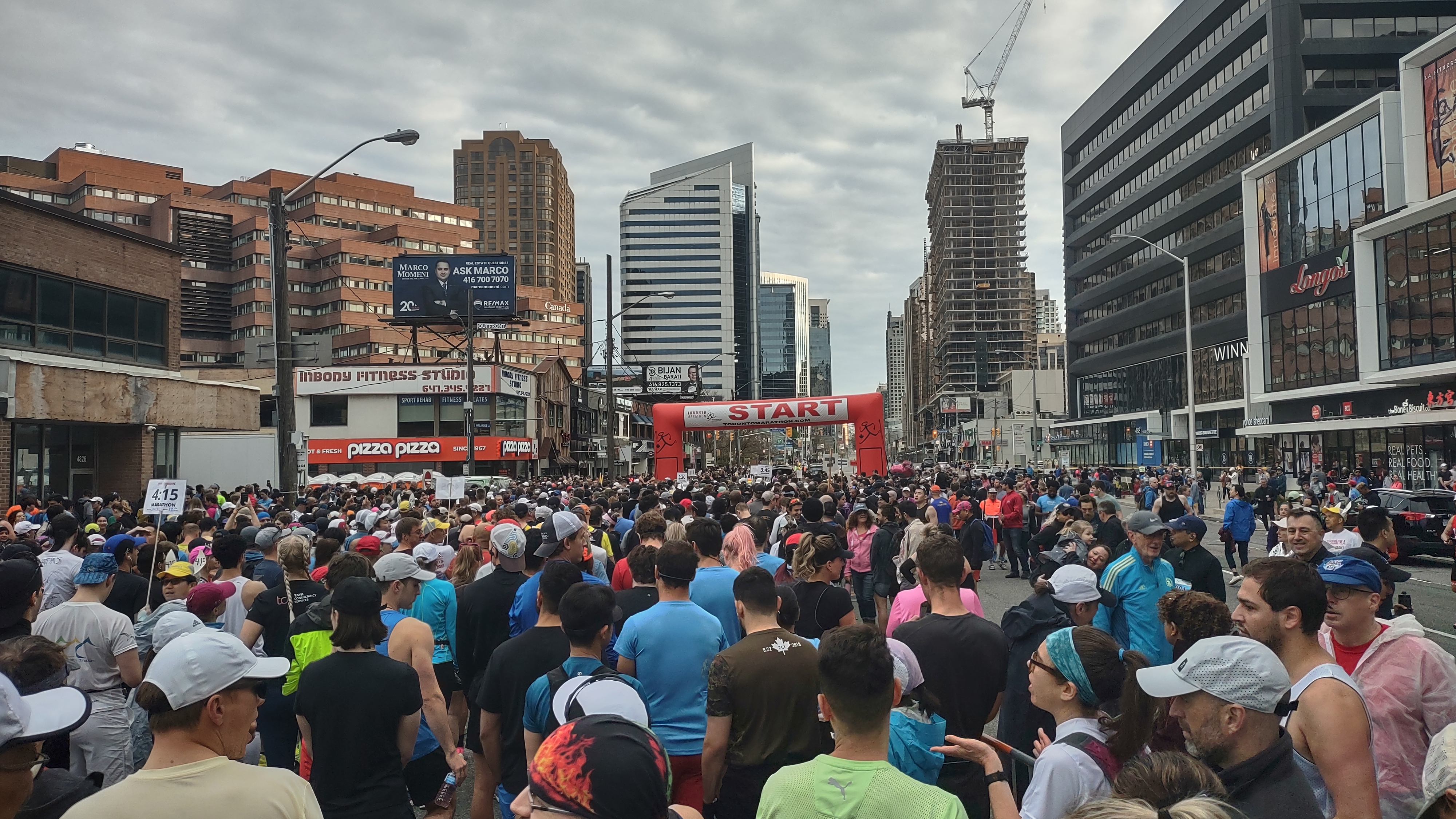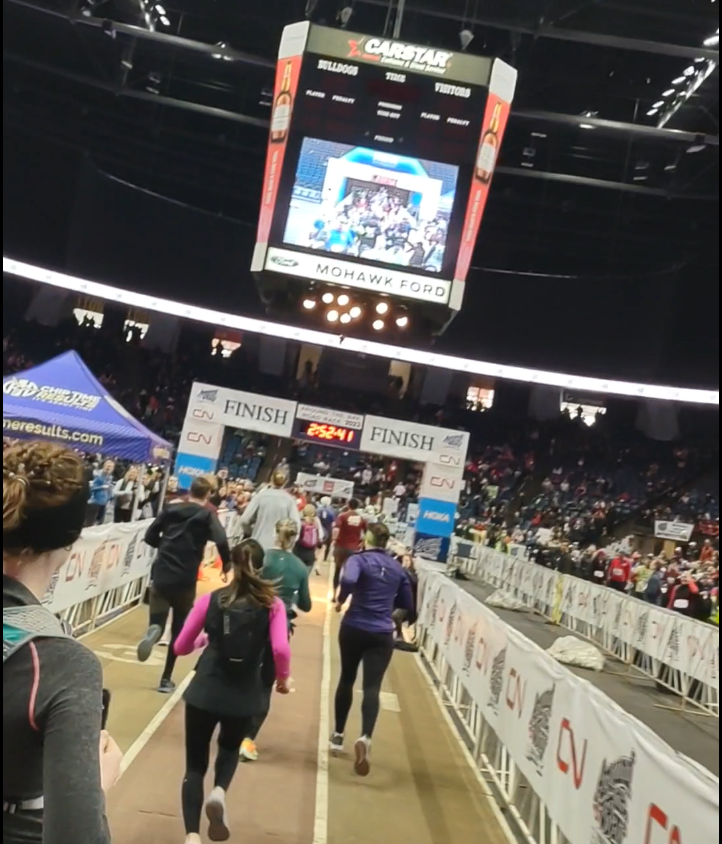My First Marathon: Toronto Waterfront 2018

“The longest distance you have to conquer in a race is the 5 inches between your ears.”
The truth is, I don’t like to write, which contradicts my long-standing blog, active since 2007. Instead, I take great pleasure in having written. This feeling is also known as delayed gratification. I’m delighted to navigate through hundreds of posts in this blog, flip through the pages of my notebooks, and see the impact of all that knowledge shared on my company’s wiki. I contemplate the effort to write all that, but I struggled for two days to write this single paragraph. Curiously, the same phenomenon happens when I run.
The act of running is painful. It might feel good sometimes, but I’m often alone, breathless, feeling pain, and making adjustments. The weather is rarely perfect. It may rain, get cold, hot, or humid. In long runs, hydration is rarely enough, forcing me to run with bottles, which affects my balance. Let’s not mention distressing intervals and repeats. I can listen to my brain saying “You want to keep going? I’m going to convince you that you need to stop”. However, when the run finishes and I see the covered mileage, I feel great, the pain is postponed to the next day, and I radiate a good mood to my family and friends.
Race is different. The start is super exciting. We are surrounded by other runners and supported by people we’ve never seen. The music is loud and the race director is doing their best to cheer us up. All we want is to start that experience and when we do, there is so much distraction that we forget about pain and discomfort for a good while. Some people get so excited that they unintentionally start too fast just to regret it later in the race. That was definitely the case in my first marathon.
I was not ready to run the Toronto Waterfront Marathon, but I believed I was. My training was irregular after a tiresome move from Belgium to Canada. We arrived in Canada without jobs and a permanent place to stay. With two small kids, we couldn’t find peace until we built some minimal stability. That’s when I resumed training, just two months before race day. With no guidance, I just did progressively faster 10 km as frequently as possible, without any slow long runs or proper intervals. That’s a very bad preparation. If I had anything ready, it was my mind. I’ve got so much resilience after this pivotal year that I never questioned whether I would finish it or not. I believed nothing could be harder than all we have experienced so far.
I was so excited that I started too fast. Yet I was feeling strong and didn’t mind that strategic mistake. I sustained that feeling for 24km until fatigue hit me hard. I took only one gel at that point and decided to take another one. The second great hit came at 33 km, when I finally questioned my ability to finish the race. Everything hurt, my heart rate was high, looking down, and not many people were around to cheer. Then I took my last gel, a caffeine one, and remembered everything we had to do to move to Canada and start a new life. That’s what I needed to trigger my mind to finally take over for the rest of the race.
I finished my first marathon totally exhausted. My legs were flooded with lactic acid, my skin covered with salt (the sodium that remains after sweat evaporation), reeling from dizziness, but with a huge smile on my face. After such a great effort, it was nice to have my family waiting for me. I got a medal, a banana, and a few more treats. We were all craving a well-served burger, so we sat to share experiences, but not before I closed my eyes and drank my 20oz pint in a single shot.
Number: 1
Time: 04:23:24
Elevation: 160 m
